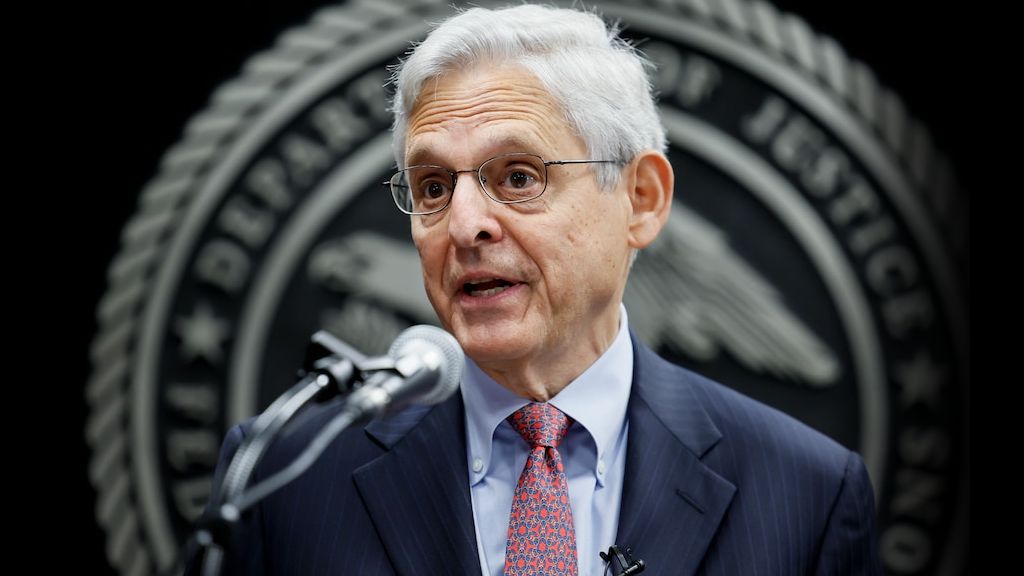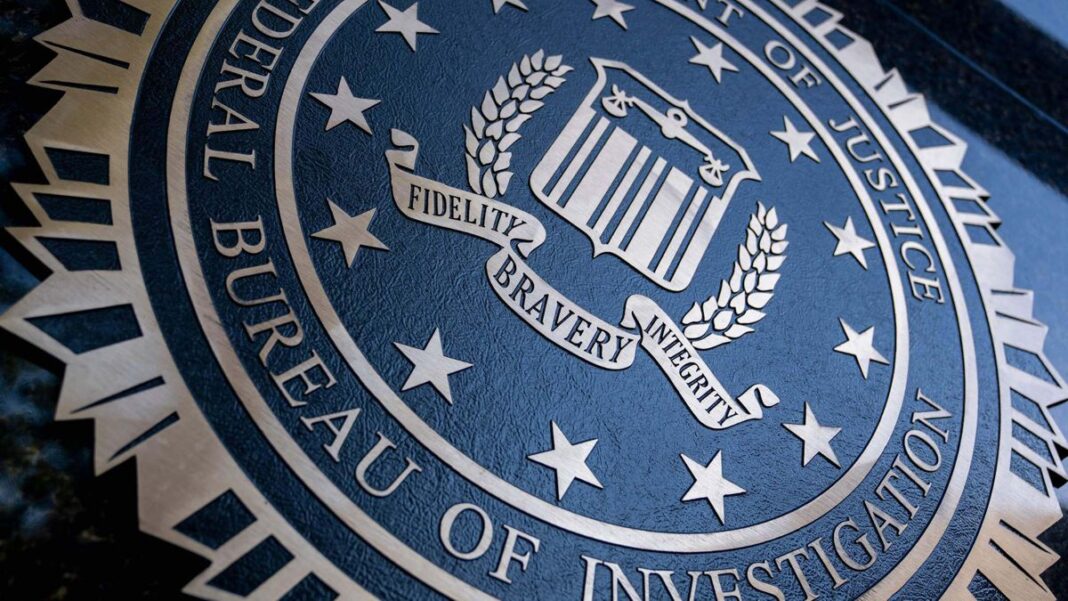Try to imagine a justification for this flamboyant exercise of – what? law enforcement?
WASHINGTON — After his 2016 Supreme Court nomination, Merrick Garland, according to the New York Times, assured senators that he does not have “a political bone” in his body. That seems to be true, unfortunately.
His current job as attorney general inescapably involves making judgments that are inherently political. They involve exercising discretion about when to wield government power, and for what ends. Furthermore, the best quality of politics at its best is prudence: adjusting tidy principles to untidy realities. This requires making judgments that balance competing objectives.
Regarding this week’s events in Palm Beach, Florida, of course the rule of law is important. So, however, are other things, including social comity and — check the Constitution’s preamble — domestic tranquility. No value ever eclipses all others. Fiat justitia, ruat caelum — let justice be done, though the heavens fall? Let’s not.
As this is written Thursday, there are important unanswered questions about who instigated the search of Mar-a-Lago, and why. One remarkable aspect of this debacle, however, is that vigorous disgust need not wait until we know those answers: Try to imagine a justification for this flamboyant exercise of — what? Law enforcement? What was important enough to bring to a rolling boil the already simmering suspicions of tens of millions of Americans about tentacles of the “deep state” engaging in partisan skulduggery?
Prepare for a surfeit of “whataboutisms” from people who were already wary about selective law enforcement and situational journalistic ethics. When the Clintons decamped from the White House in January 2001, they absconded with some furnishings that they were compelled to disgorge, without the FBI’s swarming their home. Hillary Clinton’s later mishandling of classified documents triggered FBI ham-handedness but not a law enforcement spectacle akin to Monday’s.







